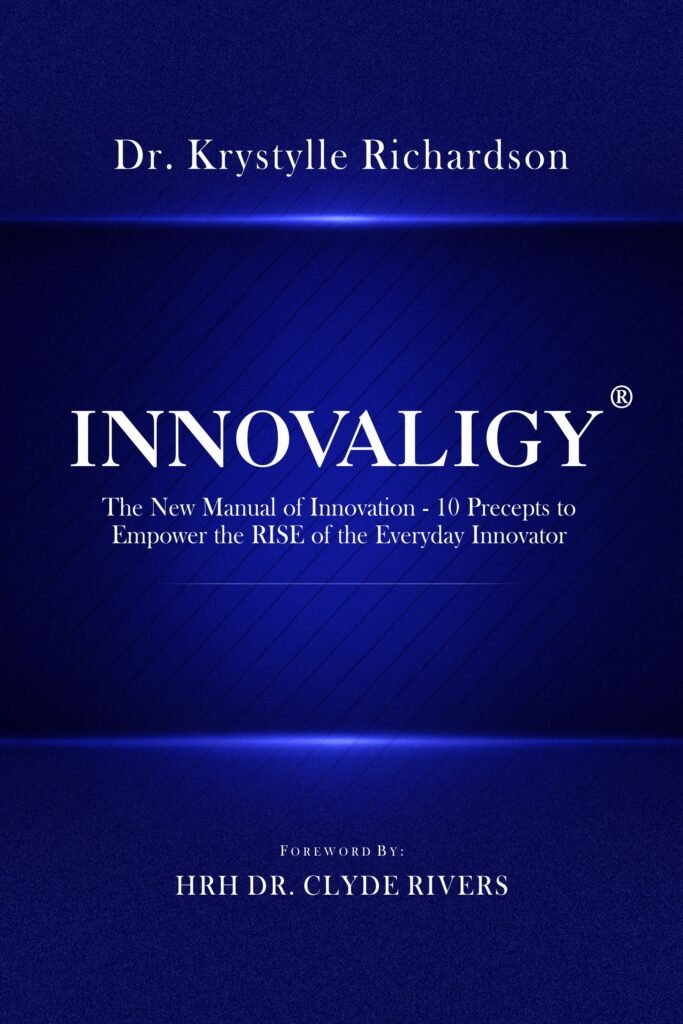Canada Announces Changes to Express Entry System for 2025 Immigration Applicants as Skilled Workers Face New Rules

For millions of skilled professionals around the world, the dream of moving to Canada is more than just a desire for a better life—it is a pursuit of stability, opportunity, and a future filled with possibilities. However, as Canada updates its Express Entry immigration system for 2025, many aspiring immigrants must now navigate new policies that could shape their journey toward permanent residency. These changes, set to impact skilled workers, tradespeople, and healthcare professionals, signal Canada’s commitment to attracting top talent while addressing the country’s labor market demands.
The government’s recent adjustments introduce significant updates to job offer requirements, eligibility criteria, and Labour Market Impact Assessment (LMIA) rules. These changes are expected to redefine the process of securing a work-based immigration opportunity, making it essential for applicants to stay informed and proactive.
At the heart of these updates is the increasing importance of a valid job offer. Unlike previous years, where certain work permits or employment situations could serve as stepping stones to permanent residency, the revised system demands more structured, employer-backed job offers that meet specific guidelines. Applicants must ensure that their employment details—including the employer’s name, company address, position start date, National Occupational Classification (NOC) code, and job duties—align with Canada’s regulatory framework. For individuals currently on an open work permit, this change means they must secure a formal job offer that meets the new eligibility requirements to progress through the Express Entry system.
Canada’s Express Entry system remains divided into key sub-programs, including the Federal Skilled Worker Program (FSWP), the Canadian Experience Class (CEC), and the Federal Skilled Trades Program (FSTP). While each category has distinct requirements, the overarching theme of the 2025 updates is the need for continuous, full-time employment that extends beyond the moment of permanent residency approval. Professionals in fields such as engineering, IT, healthcare, and skilled trades—electricians, carpenters, and welders—must now align their job offers with new LMIA requirements unless specific exemptions apply.
One of the most notable shifts pertains to LMIA guidelines. An LMIA is a government-issued document that verifies a Canadian employer’s need to hire a foreign worker due to a lack of qualified local candidates. For Express Entry applicants, this assessment has become even more crucial. If an employer has not secured an LMIA, candidates may face delays or even disqualification from the immigration process. However, exemptions exist for individuals who have worked full-time for the same employer for at least one year under a valid work permit or who qualify under international trade agreements.
Beyond securing a job offer, candidates must also demonstrate their qualifications and meet licensing or certification standards in the province where they intend to work. This requirement is particularly critical for regulated professions such as medicine, engineering, and law. Aspiring immigrants must take proactive steps to verify provincial guidelines, ensuring they meet all necessary conditions before proceeding with their applications.
These changes signal a broader shift in Canada’s immigration strategy—one that prioritizes high-demand professionals while tightening loopholes that previously allowed for less-structured work arrangements. For skilled individuals who have long aspired to build their careers in Canada, 2025 represents both an opportunity and a challenge. While the updated Express Entry system may introduce additional steps, it also paves the way for a more targeted, efficient process that connects qualified workers with meaningful employment opportunities.
As the immigration landscape continues to evolve, staying informed is crucial for those looking to take advantage of these opportunities. Canada’s commitment to attracting top global talent remains strong, but only those who understand and adapt to these changes will be able to successfully navigate the path to permanent residency.
Stay ahead with the latest news on global innovation, leadership, entrepreneurship, business, and tech. Join us on WhatsApp or Telegram for real-time updates. Have a report or article? Send it to report@theinnovationtimes.com. Follow us on X (Twitter), Instagram, LinkedIn, YouTube, Pinterest, and Facebook for more insights and trends.










